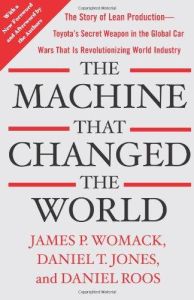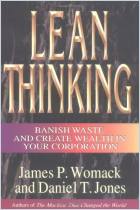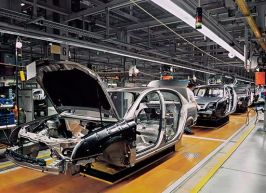Зарегистрируйтесь на getAbstract, чтобы получить доступ к этому краткому изложению.

Зарегистрируйтесь на getAbstract, чтобы получить доступ к этому краткому изложению.
James P. Womack, Daniel T. Jones and Daniel Roos
The Machine That Changed the World
The Story of Lean Production – Toyota’s Secret Weapon in the Global Car Wars That Is Revolutionizing World Industry
Free Press, 2007
Что внутри?
Toyota teaches timeless lessons about disruption, innovation and the adaptation to digital transformation.
Recommendation
This management classic, taught in business schools worldwide, has remained relevant since the day of its first publication in 1990. It speaks to the timeless cycles of innovation, disruption and change, including the struggles that industries and firms face in adapting to rapidly changing markets and technologies. In this 2007 update, authors James P. Womack, Daniel T. Jones and Daniel Roos offer lessons from the lean revolution for 21st-century transformations around digitization and advanced computing.
Summary
About the Authors
James P. Womack founded the Lean Enterprise Institute. Daniel T. Jones founded the Lean Enterprise Academy. Daniel Roos is a professor emeritus of engineering at the Massachusetts Institute of Technology.























Comment on this summary